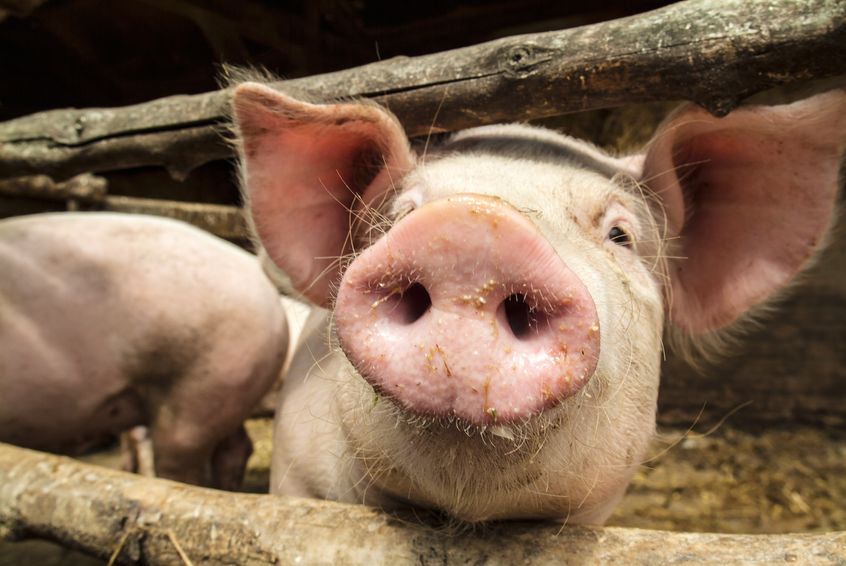
Farmers and vets has been applauded for progress made after figures show a significant drop in use of highest priority critically important antibiotics (HP-CIAs).
Between 2018 and 2019 there was a 21% drop in of use of HP-CIAs in food-producing animals, the UK-Veterinary Antibiotic Resistance and Sales annual report says.
While sales of antibiotics increased slightly by 1.5 mg/kg to 31.0 mg/kg in comparison to the previous year, sales of HP-CIAs accounted for just 0.5%.
UK veterinary antibiotic use in 2019 was the second lowest since the start of regular reporting, and the UK has one of the lowest levels in Europe.
The report shows that the UK has also seen an overall reduction in the level of resistance in E. coli from healthy pigs at slaughter since 2015, and resistance to HP-CIAs in E. coli is at very low levels.
Reducing unnecessary use of antibiotics in animals, especially HP-CIAs - which are important for human medicine - is key to reducing antibiotic resistance.
The World Health Organization has declared that antibiotic resistance is one of the top 10 global public health threats facing humanity.
Over the past 5 years the success of the UK’s reduction of antibiotic usage in animals has been achieved through collaboration between vets and farmers.
A key example of this has been the Targets Task Force, a collection of specialised vets, chaired by the Responsible Use of Medicines in Agriculture alliance (RUMA).
The body recently announced new four-year antibiotic targets for UK farm animals, starting from the beginning of 2021 to the end of 2024.
Peter Borriello, chief executive of the government's Veterinary Medicines Directorate (VMD), hailed farmers' progress.
"In the last five years we have worked closely with the farming industry and veterinary profession to achieve huge reductions in use of antibiotics in animals.
"This demonstrates how farmers and vets have been working together to use antibiotics responsibly while safeguarding the health and welfare of our livestock."
Christine Middlemiss, the UK’s Chief Veterinary Officer, said the report's findings were 'testament to the hard work' of the UK’s farmers.
